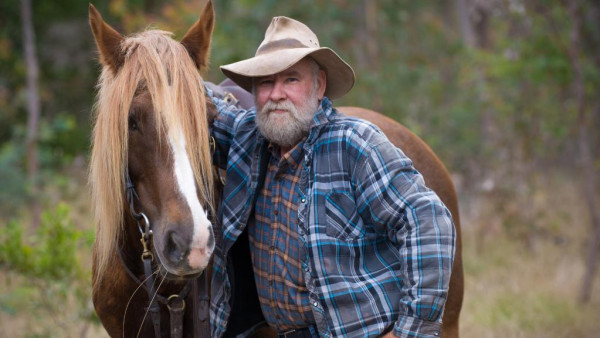Cattlemen have been a part of the High Country for more than 160 years, and the MCAV believe it is important to record their stories and ideas on bush management practices.
Here you will find submissions made to public enquiries, MCAV policies and statements along with historical documents and photos - all of it based on our years spent wandering the mountains.
If you have something you would like included, please shoot an email to secretary@mcav.com.au
Why do we need Mountain Cattlemen?
From as far back as 1834, Mountain Cattlemen and their families have grazed cattle in the Victorian High Country.
They were an early and an integral component of the pioneering types that melded into the iconic image of the Australian bushman: much celebrated in our nation’s verse, prose, art, music and drama.
Over the ensuing 180 years, as the miners, bullockies, packhorse drivers, timbermen and other bushman subcultures fell by the wayside in the High Country, the Mountain Cattlemen persevered. They remain as the only living link to our pioneering origins; theirs is the only prevailing culture that traces back to our nation’s origins. They are the only group of Australians who go about their work in precisely the same fashion as their forefathers: utterly self-reliant, in family groups, on horseback, with their working cattle dogs.
What enables them to do this is precisely what sustains them as a culture: their profound love of the bush, their unequalled knowledge of it and their commitment to its welfare. All of this is passed down through the generations. Taking the cattle out into the bush each year, attending to them and the country itself, mustering them out again before the snows: this is not regarded as a job of work. It is not an economic proposition. It is a deeply felt obligation, a ritual imbued with spiritual significance.
The intergenerational knowledge held by the Cattlemen about the Victorian High Country is on the verge of being lost forever. In that process the heritage and culture of these families which belongs to all Australians will also be lost. This knowledge relates to specific areas connected to particular families through Alpine Grazing and is known by no one else. This information and knowledge includes Where the secret waterfalls are, how to access hidden places, the place where the water runs uphill, where the giant and ancient snow gums are, how to protect the land from hot wildfire, how to survive in a sudden bushfire - the list goes on.
The Mountain Cattlemen, the last of the High Country bushmen and women are “tradition bearers”. They should be regarded as an unparalleled resource, contributing significant information to aid management decisions relating to the Alpine National Park and its surrounds.
If the Cattlemen are swept aside, nothing will replace them but bureaucrats, tourists and visitors: people who create no culture, have no heritage and will leave no mark on history.
Only those that live in and love the bush can understand the bush in all its complexity and in the stark beauty of its simplicity
- Charlie Lovick, 6th generation Mountain Cattlemen. PHOTO: The Weekly Times.


